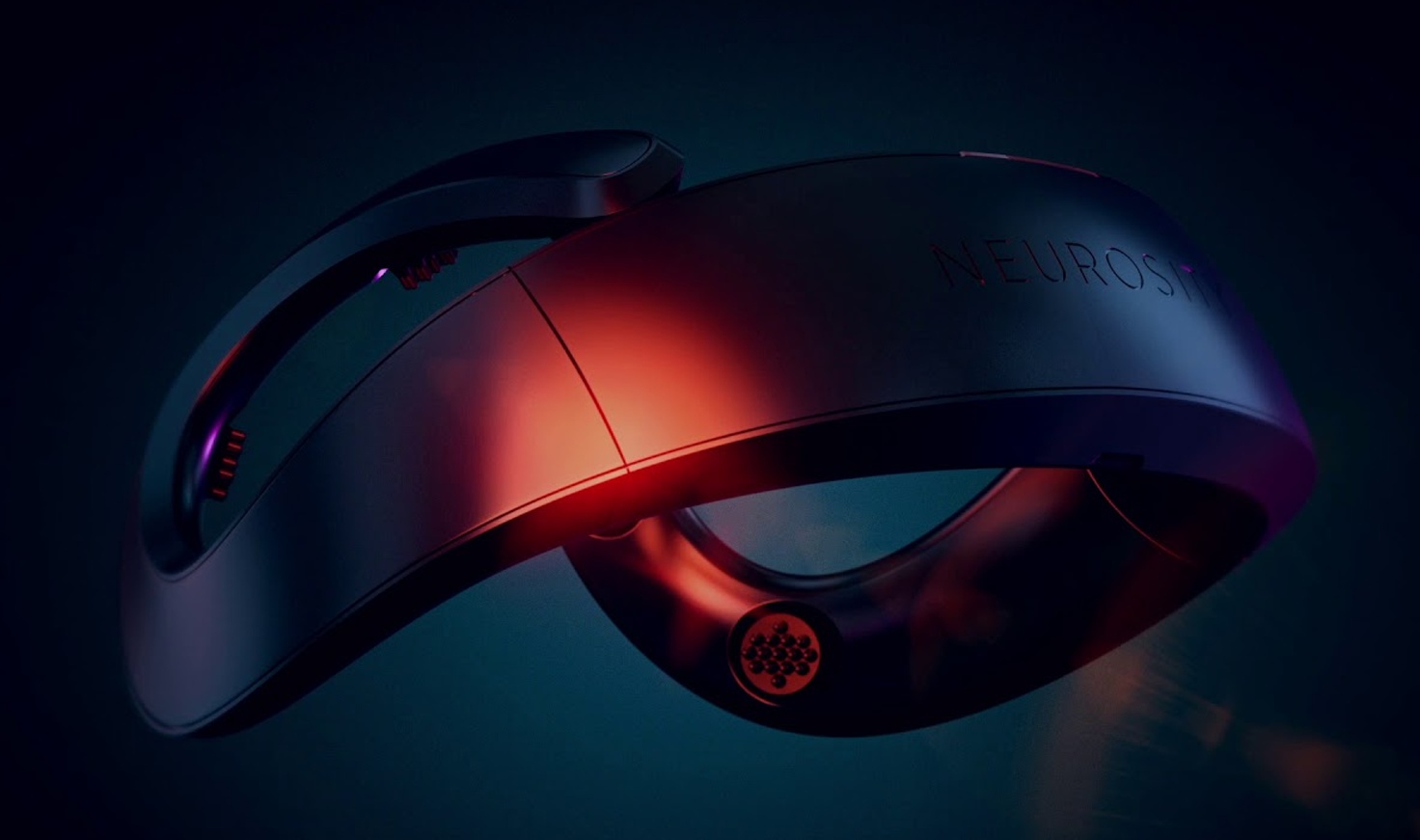Watolink is the University of Waterloo’s Neurotech design team, and our team develops BCI hardware, applications, and sensor technology using EEG signal analysis.
BCI Gaming Team Co-Lead
As the Gaming team co-leader, I ensured deadlines are met and I held weekly standup meetings to track each member's progress, and if anyone has any blockers, we would work together to fix them.
Gaming team - Designer and Developer
As a core member of Watolink, I worked on the BCI gaming project. The BCI gaming project aims to create an interactive video game that people with motor disabilities, such as ataxia, could engage in. Currently, the BCI gaming team is developing a Western and Sci-Fi themed 2D platformer game. I contributed to the project both as a programmer and a designer. Within the Unity environment, I coded 2D RigidBody collisions, player movement, health bars, death sequences, and other game mechanics in C#.
Finally, I designed and animated the main character, enemies, and bosses using Medibang Paint, PhotoShop, and Unity Animator.
BCI Data Collecting and Analyzing
Other than game development, we gathered EEG-based data on blinking, concentration, and other measurable indicators using Neurosity headsets. After gathering data, we referenced the Brainflow biosensor library to parse and analyze the EEG data, then integrate the headset data into Unity by translating Python code to C#. We are working to collaborate with the Machine Learning research team to assess user adjustment and classification models, ensuring a quality gaming experience for a wide range of individuals.
